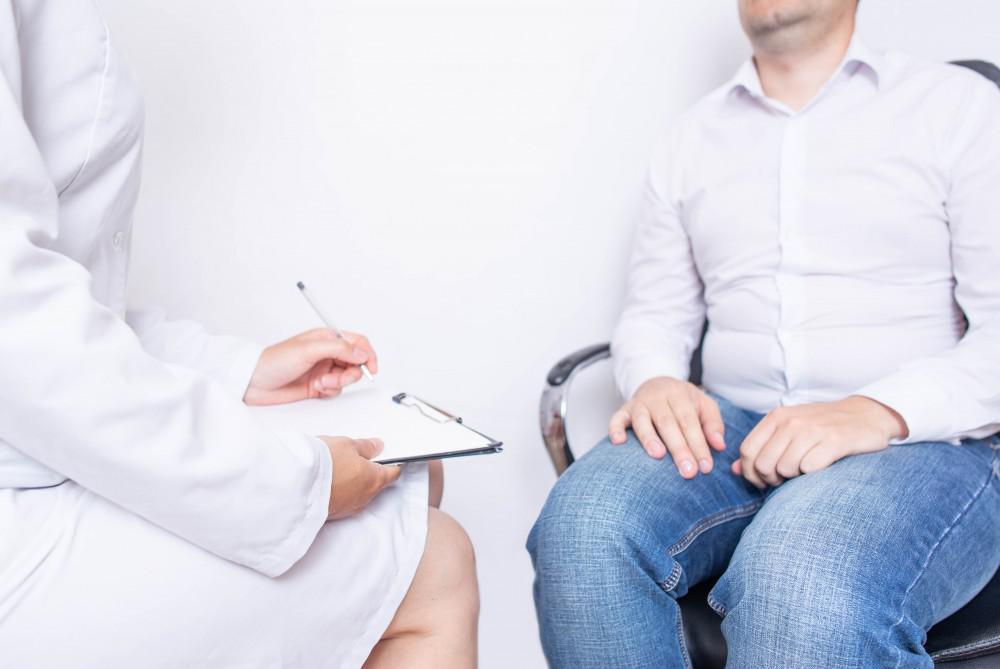How Dr. Rishi Diagnoses Diabetes Mellitus?
Dr. Rishi Chadha uses a step-by-step approach:
Medical History and Exam
He reviews your family history of diabetes, weight, lifestyle habits, and other risk factors.
Blood Tests
He orders an A1C test and a fasting glucose panel to confirm elevated blood sugar levels.
Symptom Review
He discusses common signs-excessive thirst, frequent urination, unexplained fatigue, vision changes, and numbness in extremities.
Kidney Function Tests
- Urine microalbumin to detect early kidney damage
- Serum creatinine and eGFR to assess overall kidney health
Advanced Testing (if needed)
For unclear cases, he may recommend continuous glucose monitoring (CGM) or refer you for an endocrinology consult.
Frequently Asked Questions
What is the ICD-10 code for type 2 diabetes?
It's E11.9, for type 2 diabetes without complications.
Can diabetes harm the kidneys?
Yes. Chronically high blood sugar can damage the kidney's filtering units over time.
How often should I check my A1C?
Typically every 3-6 months, depending on your current levels and treatment plan.
Is a gestational diabetes diet different?
Yes. It focuses on balanced carbohydrates and timing of meals to protect both mom and baby.
Will I need insulin if I take metformin?
Not always. Some patients manage well on metformin alone, but others may need insulin added.
Can I lower blood sugar without drugs?
Yes. Healthy eating, regular exercise, and weight loss can often improve blood sugar control.
How soon will I feel better after treatment?
Some people notice improvements within weeks, but it depends on individual health and consistency.
What if I feel pain or tingling in my feet?
Dr. Chadha will evaluate for diabetic neuropathy and recommend treatments to relieve symptoms.
Can children get type 2 diabetes?
Yes. It's increasingly seen in children, especially those with obesity or a strong family history.
Where can I learn more?
Visit the American Diabetes Association for up-to-date resources and guidelines.











